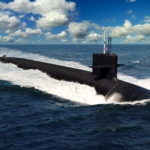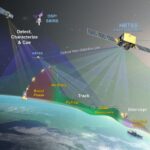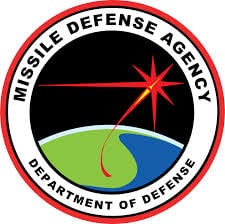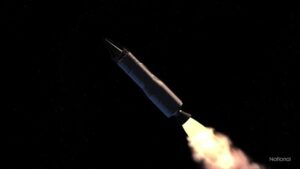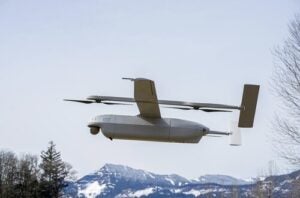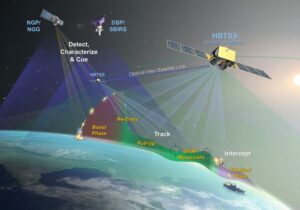The State Department approved a possible $15 billion sale of a Lockheed Martin [LMT] Terminal High Altitude Area Defense (THAAD) missile defense system to Saudi Arabia, the Defense Security Cooperation Agency (DSCA) said Oct. 6.DSCA notified Congress of the sale on the same day.Saudi Arabia requested 44 THAAD launchers, 360 interceptor missiles, 16 THAAD Fire Control and Communications Mobile Tactical Station Group, and seven Raytheon [RTN]-made AN/TPY-2 radars.The sale would also include maintenance equipment, 43 trucks to move the systems, electrical power units, trailers,…
Contract Updates
BAE Systems Space & Mission Systems Inc. (Boulder, Colorado) – $48,000,000
BAE Systems Space & Mission Systems Inc., Boulder, Colorado, was awarded a $48,000,000 firm-fixed-price contract for the study, design, development, enhancement, testing, and procurement of advanced communication-electronics technologies. Bids were solicited via the internet with one received. Work locations and…
Portus Stevedoring LLC (Jacksonville, Florida) – $8,292,583
Portus Stevedoring LLC, Jacksonville, Florida, is awarded a not-to-exceed $8,292,583 firm-fixed-price, indefinite-delivery/indefinite-quantity contract with a five-year ordering period for stevedoring and related terminal services. This contract provides for full range of stevedoring and related terminal services to include the receipt,…
Foster Miller doing business as QinetiQ North America (Waltham, Massachusetts) – $11,310,230
Foster Miller, doing business as QinetiQ North America, Waltham, Massachusetts, is awarded an $11,310,230 firm-fixed-price modification to a previously awarded indefinite-delivery/indefinite-quantity contract (N00174-21-D-0019) to exercise Option Year Four for production, engineering support, and post-production support of the MK 2 Man…
EnergySolutions Services Inc. (Oak Ridge, Tennessee) – $13,336,650
EnergySolutions Services Inc., Oak Ridge, Tennessee, is being awarded a $13,336,650 firm-fixed-price, indefinite-delivery/indefinite-quantity contract action (N42158-25-D-E001) for nuclear services for the processing, recycling and disposal of radiologic materials through disassembly, decontamination, metal melting, compaction, incineration, resin sluicing/dewater, bulk waste assay…

 By
By 

